With climate change underway and accelerating, vulnerable groups are experiencing disproportionate harm from storms, flooding, heat and fire. In order to improve the lives of these vulnerable groups, we have to research and implement solutions that support a just and equitable transition to clean energy, safe living, healthy food, and viable jobs for everyone.
To further explore the topic of climate justice, see the following sections:

What is Climate Justice?
Climate justice seeks to address the root causes of climate change while simultaneously tackling various social, racial, and environmental injustices (MIT Climate Portal, 2022). It acknowledges that climate change disproportionately affects low-income communities and communities of color. Central to climate justice is the concept of a just transition, which involves moving from fossil fuel-based economies to equitable, renewable energy-based systems; emphasizing sustainable practices; and instituting broad economic changes. It advocates for the fair distribution of both the benefits from activities causing climate change and the burdens of its impacts. Climate justice also emphasizes inclusive decision-making, prioritizing those most affected by climate change, and recognizing the threat it poses to basic human rights (University of California Center for Climate Justice, 2022).
Climate Justice vs Environmental Justice
While both climate justice and environmental justice (EJ) seek to address inequities in environmental impacts and decision-making, they operate at different scales and focus on different aspects of environmental challenges. For example, EJ primarily deals with local and regional environmental issues, such as pollution and access to clean resources, whereas climate justice addresses the global impacts of climate change, emphasizing how climate change exacerbates social, racial, and economic inequalities. Moreover, EJ has roots in the civil rights movement and addresses a wide range of environmental harms beyond just climate change. Climate justice emerged more recently as awareness of the intersections between discrimination and the global climate crisis became more prominent. Climate justice focuses on ensuring that the impacts of climate action are distributed fairly and that vulnerable communities are supported in adaptation efforts. Both movements are crucial for achieving a comprehensive approach to addressing environmental and climate-related challenges (Duke’s Sanford School of Public Policy, 2022).
Climate Justice at UMD
UMD’s TerrapinSTRONG culture of belonging incorporates fighting the climate crisis, engaging in difficult dialogue, and participating in community-based learning for socially responsible leadership. Cultivating awareness of climate justice is imperative for people who want to ensure that our climate action solutions are aligned with our wider vision of inclusion and community care.
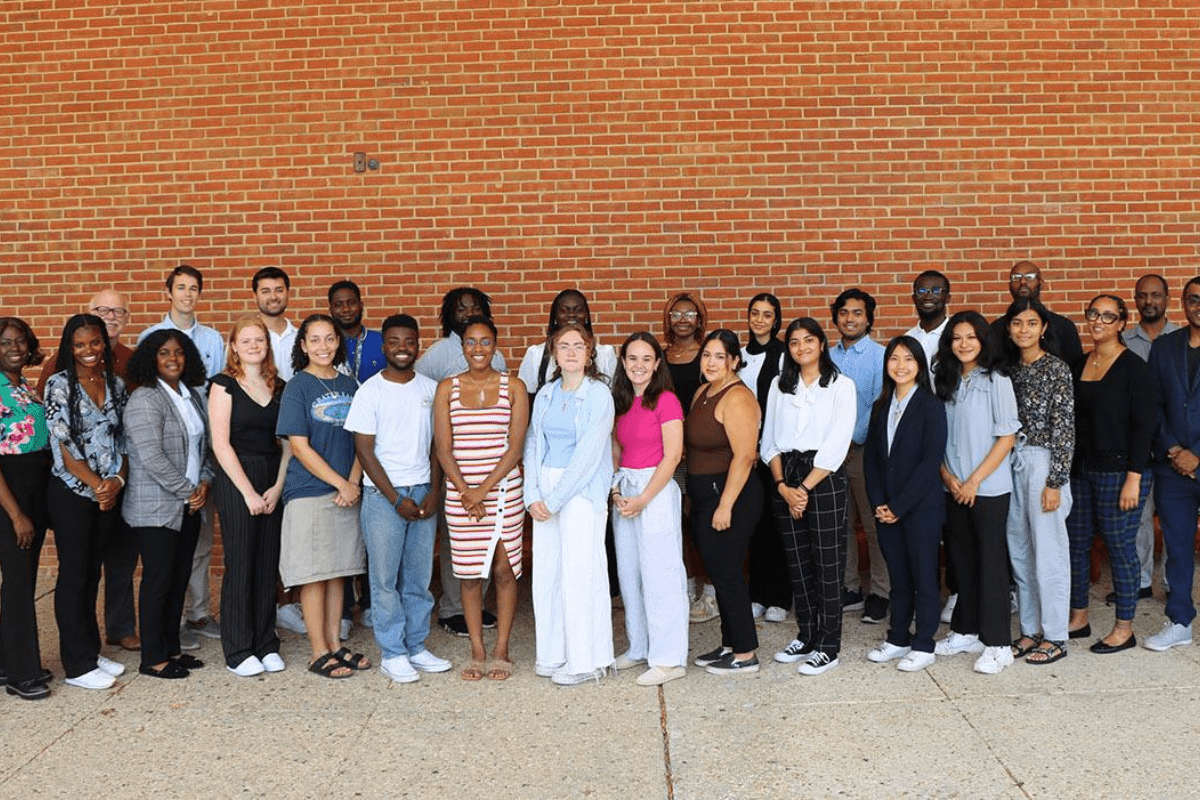
CEEJH Climate Justice Fellows
Through this opportunity from the Center for Community Engagement, Environmental Justice and Health, participants can deepen their understanding of environmental and climate issues while developing skills to empower their communities. Fellows gain knowledge on local Environmental and Climate Justice challenges, engage in meaningful interactions with technical experts, and network with community leaders, faculty mentors, and federal partners.
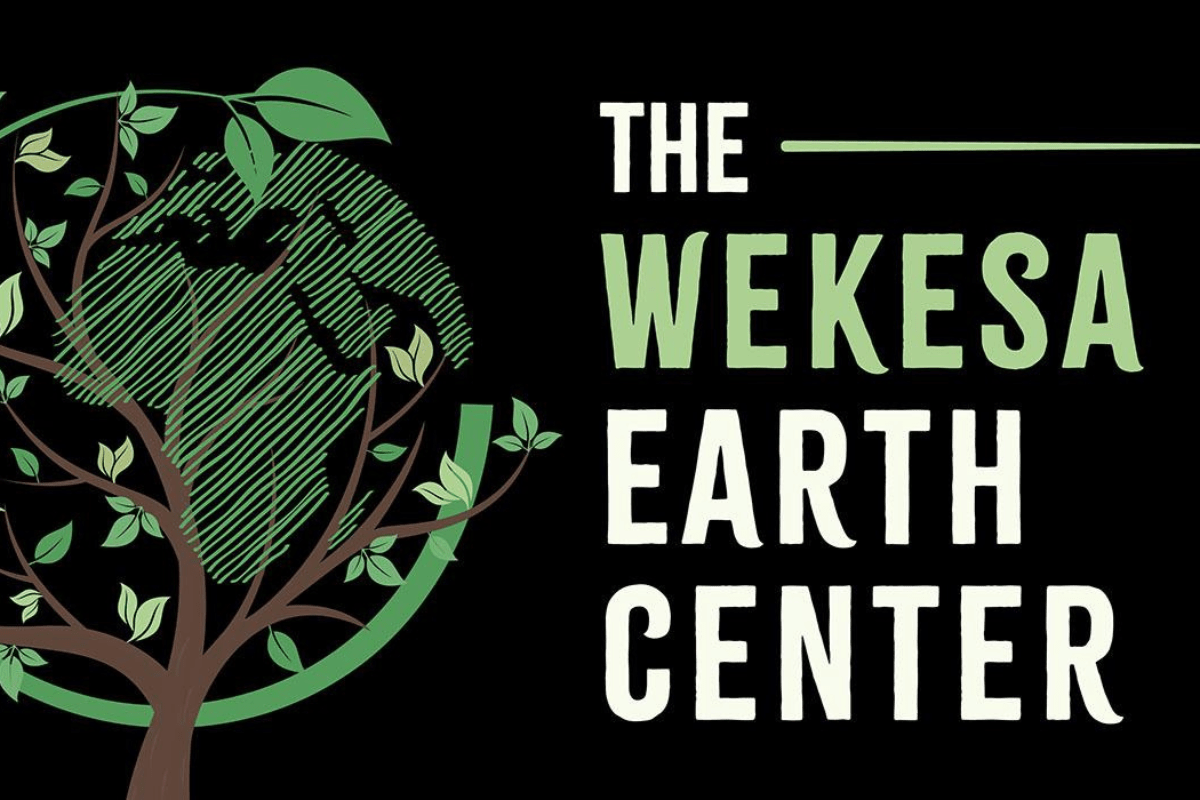
Wekesa Earth Center
Funded by the REI Cooperative Action Fund, the Wekesa Earth Center conducts work to increase belonging and justice in outdoor spaces. Run by accomplished faculty, staff and students, members of the Center’s offices include scholars, advocates, and thought leaders, all of whom bring a relentless commitment to nature, earth and equitable active living in the outdoors.
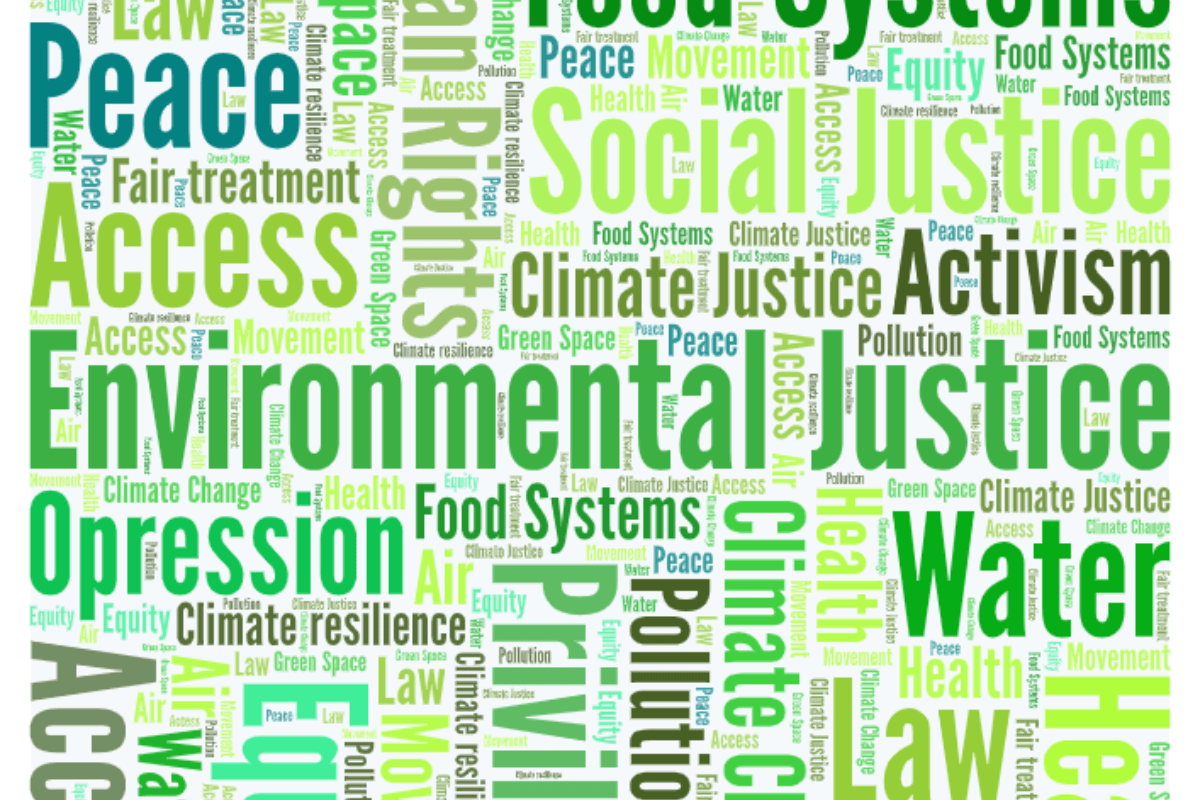
ENSP- Environmental Justice
While environmental justice considers the protection of these communities from health hazards, it also addresses disparities in “goods” such as access to green spaces, healthy food, and infrastructure needs. This concentration provides students with the tools needed to understand why these environmental disparities exist, and to work at the intersection of social justice, policy, environmental science, and public health to address them.
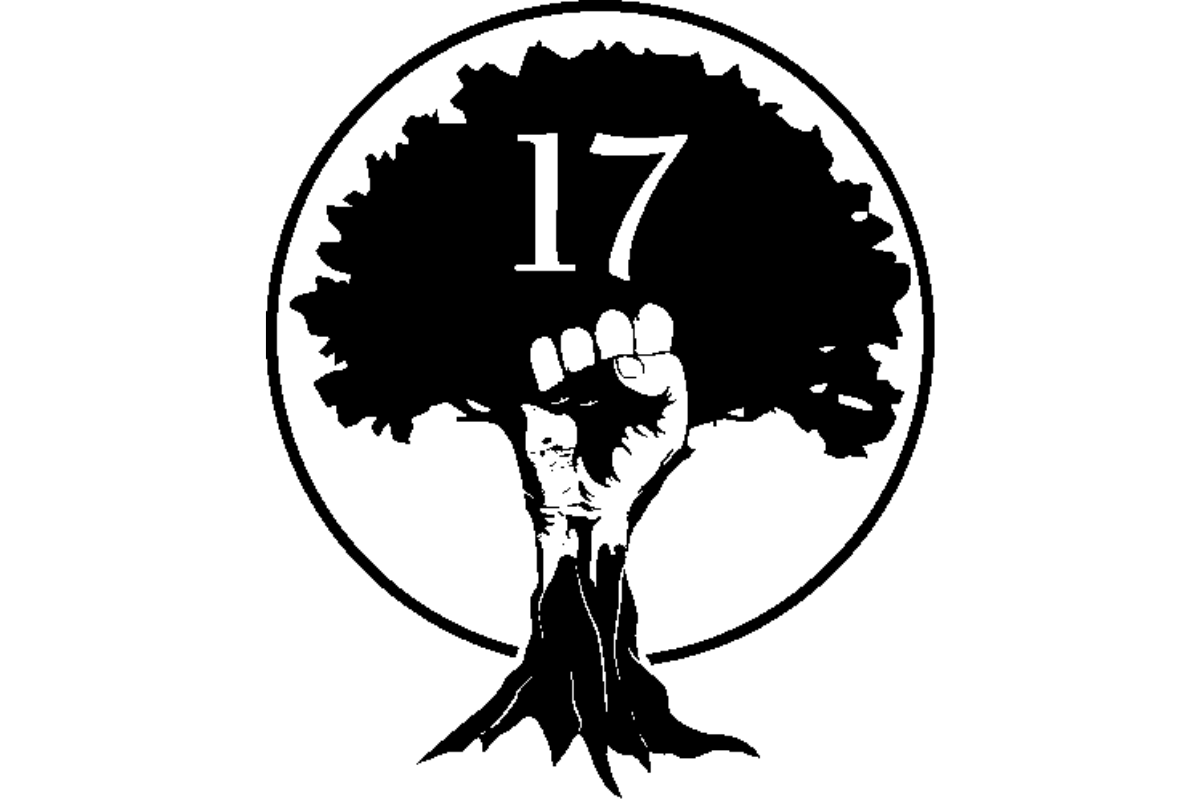
17 for Peace and Justice
The student organization seeks to empower students and other stakeholders and build community capacity to address social, economic, and political injustice and related environmental and health inequalities by using the 17 Principles of Environmental Justice established at the First National People of Color Environmental Leadership Summit held from October 24-27th, 1991, in Washington DC as the overarching framework.
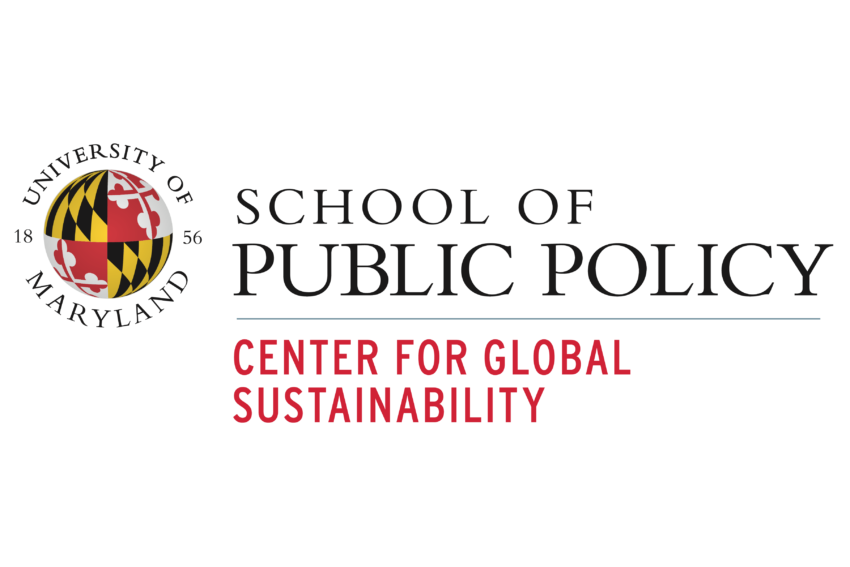
Center for Global Sustainability
The UMD Center for Global Sustainability recently published a policy brief that provides a roadmap for integrating justice into climate policies, empowering states to utilize federal resources and local knowledge, thereby fostering trust in their decarbonization efforts.
Related Local, and State Policies
Climate change challenges are experienced beyond the boundaries of the University of Maryland. Below are several examples of related policies and organizations that are helping to tackle grand challenges in a just and equitable manner.
Commission on Environmental Justice and Sustainable Communities
The Commission on Environmental Justice and Sustainable Communities (CEJSC) is tasked with advising the State government on environmental justice and analyzing the effectiveness of State and local government laws and policies to address issues of environmental justice and sustainable communities.
Prince George’s County Environmental Justice Commission
The Prince George’s County Environmental Justice Commission studies justice-related issues in Prince George’s County and makes recommendations to the Prince George’s County House Delegation on actions to address environmental injustices.
Second Nature’s Climate Justice Working Group
Geared towards higher education institutions, the Second Nature Climate Justice Working Group provides guidance for colleges and universities to center principles of diversity, equity, inclusion, accessibility, and justice (DEIAJ) into their climate action plans. The University of Maryland, College Park is a charter signatory of the Climate Leadership Commitments overseen by Second Nature and participates in some of Second Nature’s working groups.
